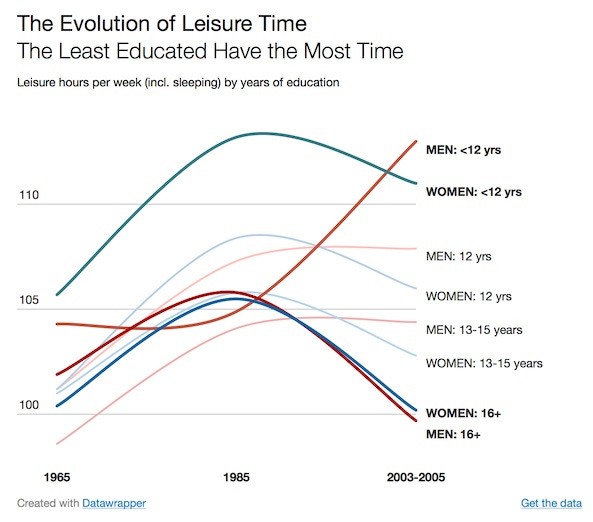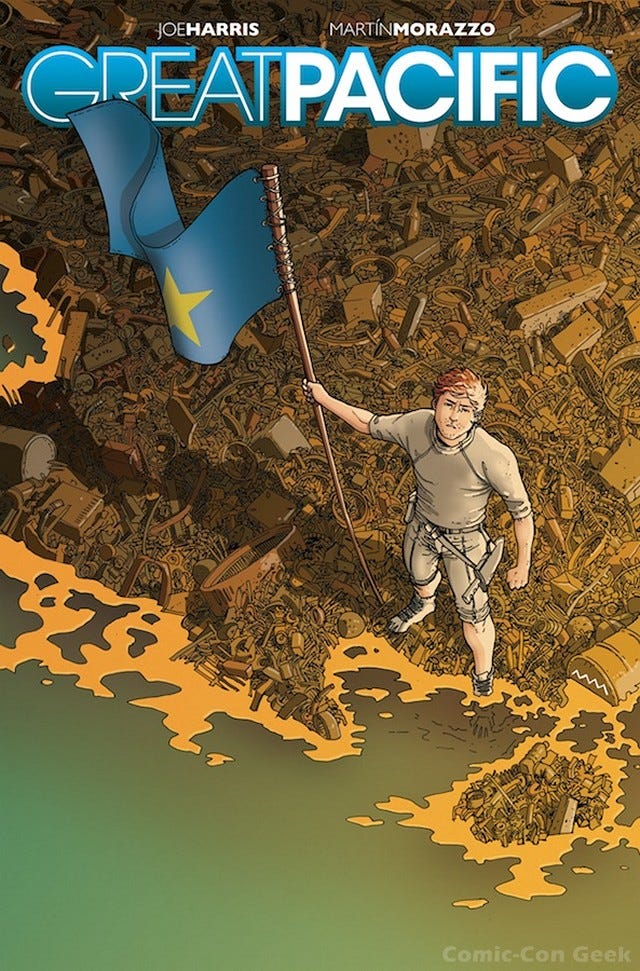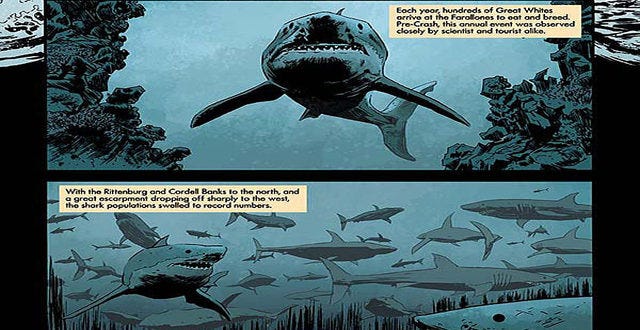So What, Who Cares (vol 2, issue 11) Who gets anxious about spending free time
Hello! This is the last issue of So What, Who Cares for this week. Tomorrow will be spent pulling together the reading list from the prior 82 issues I've published. I assume all of us will be enjoying pie on Friday? I've heard from folks who love tarte tatin, key lime, sour cream raspberry and strawberry rhubarb. Any more pie partisans? Lobby for your favorite via email or Twitter.
Also, tomorrow night, the Teevee Flashcast podcast crew reunites -- @moze, @tsindelar and I are getting the band back together (with a few new additions, one hopes) to tackle The Flash.
So yes, I'll be linking to The Flash flashcast when it happens.
*
The more highly you value your time in terms of money, the more stressful you'll find leisure time. So said economist Gary S. Becker in 1963, and continuing research has borne out the phenomenon: There is a distinct correlation between personal wealth and "time-stress," or the nagging feeling that you're not spending your time wisely.

So what? The attitude that "time equals money" has a funhouse-reflection mirror aspect in research showing that working-class adults have more leisure time than white-collar men and women. Rather than wring their hands over the plight of the overworked thought leader, Oxford researchers theorize:
Work has come to offer the sort of pleasures that rich people used to seek in their time off. On the flip side, leisure is no longer a sign of social power. Instead it symbolises uselessness and unemployment.
Berkeley researcher Arlie Hochschild -- who also wrote the groundbreaking The Second Shift: Working Families and the Revolution at Home -- counters that white-collar workers are not necessarily finding late-night email responses to be pleasurable. They're worried about losing their jobs. And don't discount the distinct lack of leisure time that working parents have: 45% of high-earning professional women who also have families manage to balance domestic and professional responsibilities by moving a substantial chunk of their work day to the hours after the kids go down.
Who cares? Industries that create or perpetuate luxury markets, big or small. If time is conflated with consumption (i.e. "I bill at $350 an hour -- this had better be worth it"), then the selling point for any sort of leisure or luxury is going to be "This is worth it." Right now, merchants benefit from consumers' Fear Of Missing Something. As The Economist reports:
The explosion of available goods has only made time feel more crunched, as the struggle to choose what to buy or watch or eat or do raises the opportunity cost of leisure (ie, choosing one thing comes at the expense of choosing another) and contributes to feelings of stress. The endless possibilities afforded by a simple internet connection boggle the mind.
Remember how shopping blogs took off like a shot in the last decade? Someone else had done all the work of finding the things that would be "worth it." Lifestyle e-mail newsletters are taking the experience and adding an air of perceived exclusivity, in ways small (a subscriber base is wholly under the control of the sender) and large (exclusive merchandise or discounts). And I know I bang this drum a lot, but subscription boxes definitely hit a sweet spot for the time-value conscious consumer -- or the consumer who aspires to present as the time-stressed white collar strata.
The notion of maximizing leisure time and leisure consumption, seems to be a peculiarly American one, argues the New Yorker:
Joseph Stiglitz predicts that Europeans will further reduce their working hours and become even more skilled at taking time off, while Americans, having become such masterful consumers, will continue to work long hours and to buy more stuff. TVs, he notes, “can be put in every room and in both the front and the back of automobiles.”
So perhaps another group of people affected by the news that rich people get super-stressed by the notion of wasting their leisure time are all the authors who are happy to tell us how people in other countries are doing life better -- and how we can emulate them.
*

Your pop culture moment of the day: I had a happy accident of synchronicity at the bookstore the day I picked up Great Pacific and The Massive. Both comic books deal with the ocean in crisis, and both provide long-form meditations on the building or dismantling of civilizations, and what kinds of people thrive in uncertain times.
Great Pacific, by Joe Harris and Martin Morazzo, is about one spoiled rich kid's attempt to claim the Great Pacific Garbage Patch as his own private nation. I enjoy Great Pacific because it's basically a boardroom thriller mixed with a coming-of-age story and a little environmental sci-fi thrown in. Also, there are submarines. I like submarines.
The Massive, by Brian Wood and assorted illustrators, is the story of a band of environmental activists (aboard their ship, The Kapital) who are trying to find their counterparts on The Massive in a world that is rapidly falling into environmental and economic collapse.

You may know Brian Wood from his other comic series on how societies fall apart or form out of chaos -- Northlanders, which tackled Viking history, or DMZ, which explored the results of a fragmented, post-secessionist America. (Both are great reads; I can expound on which trades to pick up if you'd like.) -- and with The Massive, he's going BIG with the ideas while retaining enough small touches to make you invested in the story.
Both books are worth a try if you like frontier-type narratives. If you're mildly freaking out over how we're ruining the oceans, maybe these reads will help you figure out where to turn that anxiety into action.
*
Did you miss an issue of So What, Who Cares? The archive is here. Are there typos? I apologize in advance.
As always, I welcome your feedback and suggestions via email or Twitter. Always let me know what you think about So What, Who Cares? If you really like it, tell a friend to subscribe.

